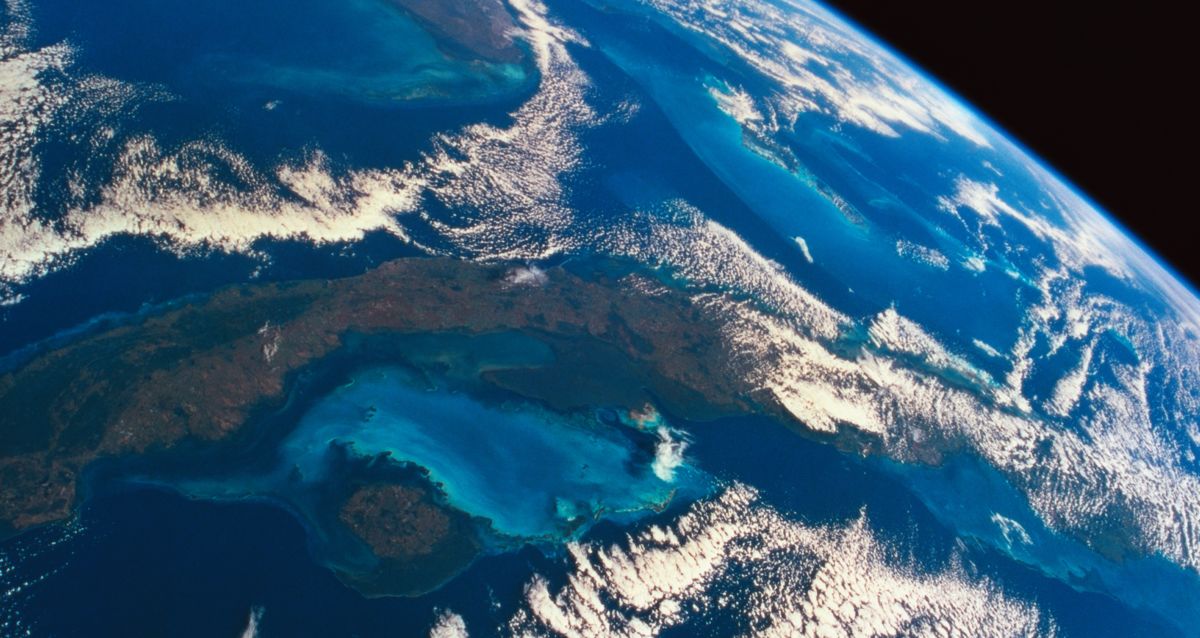Tell U.S. Congress to Advance Climate Policies That Reflect a Vision of Justice for God’s People and God’s Planet
Congress must include climate justice priorities as they consider key spending decisions.

As United Methodists, “our covenant with God calls us to steward, protect, and defend God’s creation” (Book of Resolutions, Resolution 1033: Caring for Creation) and to “advocate for policies rooted in justice and sustainability” (Book of Resolutions, Resolution 1035: Climate Change and the Church’s Response).
As a worldwide connection, the United Methodist Church is uniquely qualified to share the stories of those whose lives have been affected by climate change. Taken together with our faith, this makes United Methodists good advocates for a fair, just, and faithful response to climate change.
The General Board of Church and Society affirms the work of the United Methodist Creation Justice Movement in introducing the resolution to create a Caretakers of God’s Creation Coordinator in each Annual Conference. The Caretaker of God’s Creation Coordinators will help shape the conversation about climate justice and creation care at annual conferences and local churches.
The work continues. A UMC delegation will travel to Baku, Azerbaijan for the 29th United Nations Framework Convention on Climate Change negotiations, also called COP29, in November. The delegation will provide a ministry of presence, bearing witness to our call to love our neighbor and to serve as stewards of God’s creation. They will also advocate for faithful climate policy including a robust commitment to climate finance, a just transition away from fossil fuels, and support for those experiencing devastating climate impacts around the world.
With the help of consistent advocacy from United Methodists, the recently adopted Fiscal Year 2024 federal budget package provides modest funding for climate and environmental programs. Provisions in the Inflation Reduction Act put the United States on a path to reducing emissions 40% by 2030. As part of the United Nations climate summit (COP27), the Biden Administration agreed to a financial mechanism that will support vulnerable countries experiencing climate-related losses and damages. At COP28, the gathered global community committed to transitioning away from fossil fuels and agreeing to triple renewable energy globally by 2030.
Now, Congress is turning its attention to the current budget year – Fiscal Year 2025 – and we must make the moral case for stronger support for critical climate investments. As people of faith we must again press upon our elected officials the urgency and moral obligation to support bold climate action.
Specifically, we urge Congress to advance climate justice by:
- Funding the United States’ fair share of contributions to international efforts that support climate vulnerable countries;
- Opposing riders that would weaken or defund provisions of the Inflation Reduction Act or the ability of federal agencies to carry out climate initiatives; and
- Prioritizing a just transition to a cleaner, healthier energy economy including funding for the Environmental Protection Agency to advance environmental justice and protect human health.
Deadly heat and historic flooding and rapidly intensifying hurricanes evidence the devastating effects of climate change. And we recognize that those whose lives are already made more difficult by poverty, system racism, and underlying health concerns bear more of the burden.
As people of faith we are called to stand in solidarity with those experiencing injustice and to transform those systems of exploitation and oppression.
Together, we can help shape the climate agenda in Congress so that it reflects our shared vision of justice for God’s people and God’s planet.